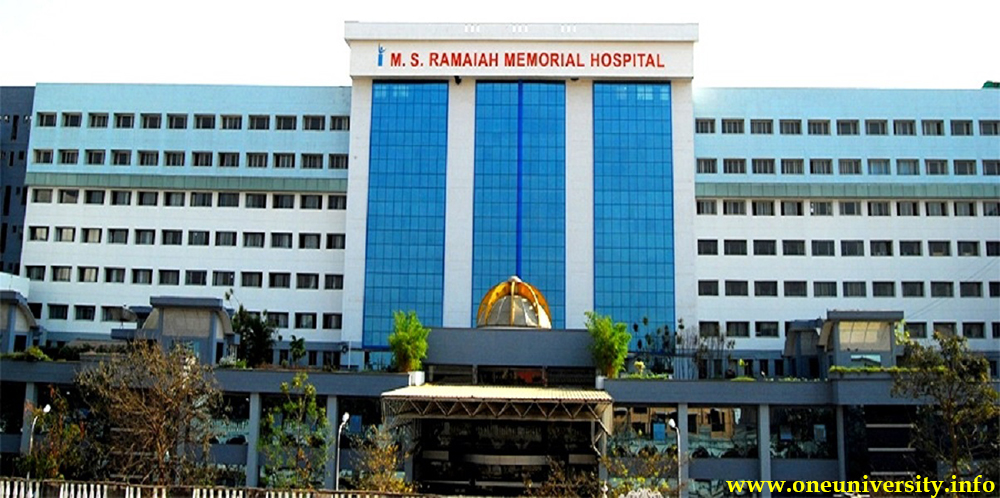The MCh. Neuro Surgery is a five-year postgraduate course that deals with Neurological Surgery, a medical speciality concerned with the rehabilitation, treatment, diagnosis, and prevention of disorders affecting any part of the nervous system, including the spinal cord, extracranial cerebrovascular system, brain, and peripheral nerves. Graduates work as General Surgeons, Neurosurgeons, Neurosurgery Clinical Associates, Neurosurgery Consultants, Neurosurgery Senior Resident, Senior Neurosurgeons, Researchers, and Professors.
According to ohsu.edu, “NeuroSurgery as brain surgery, it is the medical speciality concerned with the diagnosis and treatment of patients with injury to, or diseases/disorders of the brain, spinal cord and spinal column, and peripheral nerves within all parts of the body. The speciality of neurosurgical care includes both adult and pediatric patients. Depending upon the nature of the injury or disease a neurological surgeon may provide surgical and/or non-surgical care.”
Master of Chirurgiae [M.Ch] (Neuro Surgery) is the full form of MCh Neuro Surgery. The course syllabus is designed to perform and study a wide range of complex procedures, such as treating carpal tunnel syndrome, removing brain tumours, repairing gunshot wounds, and removing damaged brain areas associated with epilepsy.
Students frequently inquire about the specifics of an MCh Neuro Surgery course before enrolling. Before deciding on a career, many students wonder, "What is an MCh Neuro Surgery?" and "Why MCh Neuro Surgery?" To assist aspirants in understanding the answers to these questions, we have created the following three pointers:
M.Ch. Neurosurgery, also known as Master of Chirurgiae in Neurosurgery, is a postgraduate Surgery program. A doctor must complete a rigorous 5-year study program followed by a 2-year residency program after medical school to become a neurosurgeon. The course aids in the examination, diagnosis, and surgical treatment of nervous system disorders. Neurosurgeons operate on the brain, spinal cord, and peripheral nerves to remove tumours, relieve chronic pain, and treat wounds, vascular disorders, and diseases such as Parkinson's and epilepsy. The course lasts five years and leads to numerous jobs in a variety of fields.
Neurosurgery is a highly sought-after and difficult specialization in Medicine and Surgery that necessitates a high level of expertise. The opportunity to perform some of the most challenging surgical procedures often draws some of the best medical students to pursue an MCh degree in Neurosurgery, which is considered the highest medical degree in this field.
Neurologist: Neurologists may work in hospitals, clinics, or universities, where they may treat patients, conduct research, or instruct students. They specialize in the diagnosis and treatment of neurological disorders such as stroke, dementia, and neuromuscular diseases.
|
Semester I |
Semester II |
|
BASICS |
|
|
Neuroanatomy |
Neuropharmacology |
|
Neurophysiology |
Neurology |
|
Neuropathology |
Neuroradiology |
|
Semester III |
Semester IV |
|
GENERAL CLINICAL |
|
|
Fluid, Electrolytes and Nutrition |
Infection |
|
General Critical Care |
Practice Management, Legal and Socioeconomic Issues |
|
Semester V |
Semester VI |
|
NEUROSURGICAL CLINICAL |
|
|
Cerebrovascular Surgery |
Surgery of the Peripheral Nervous System |
|
Neurotrauma and Neurosurgical Critical Care |
Spinal Surgery |
|
Pain Management |
Stereotactic and Functional Neurosurgery |
|
Pediatric Neurosurgery |
- |

Student Review About Course